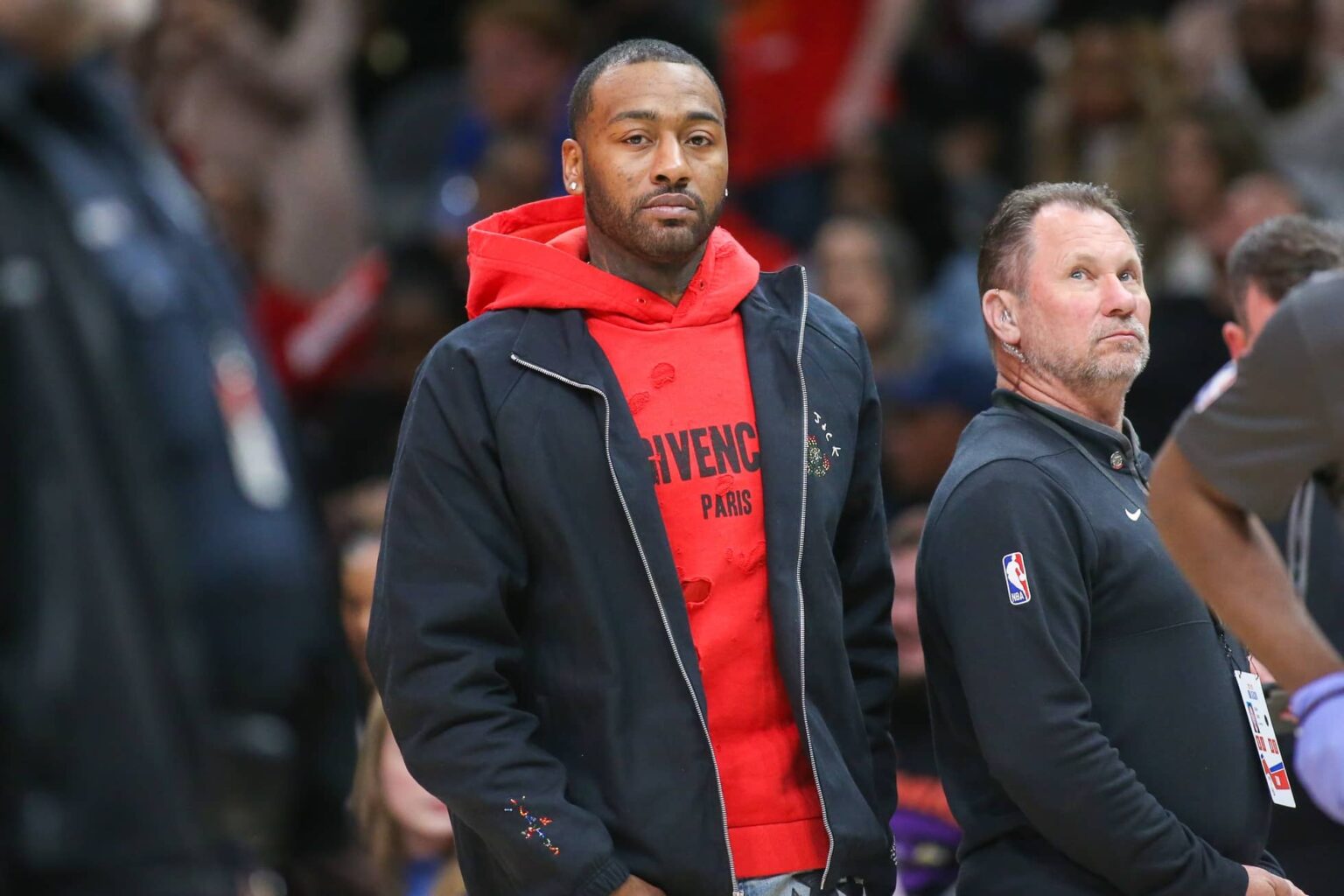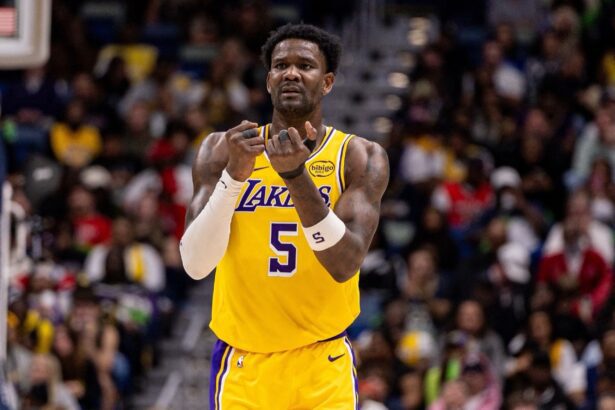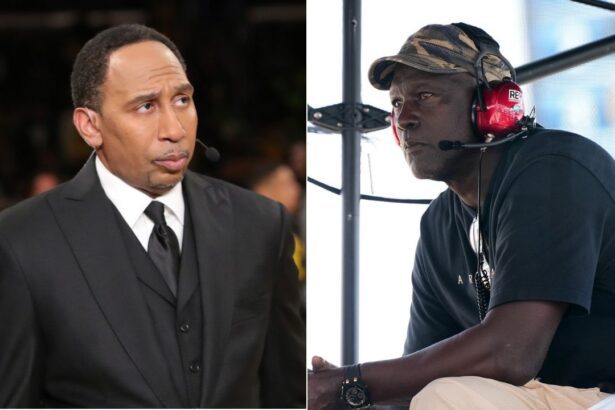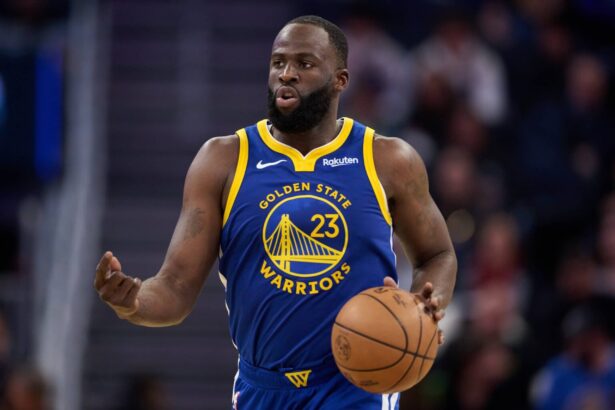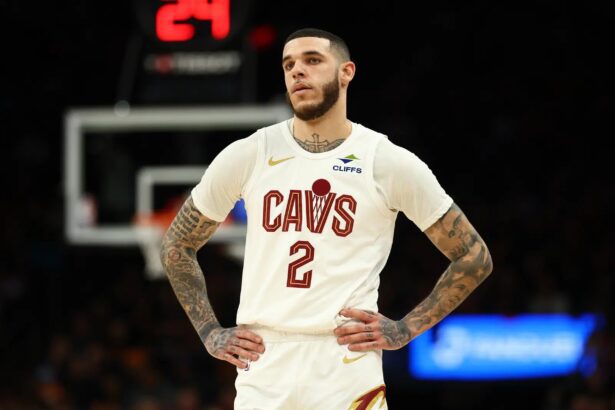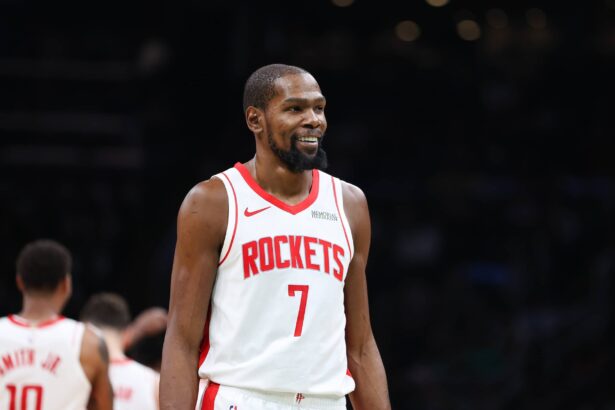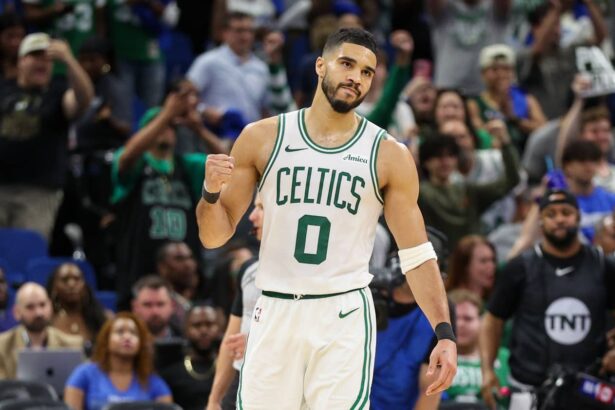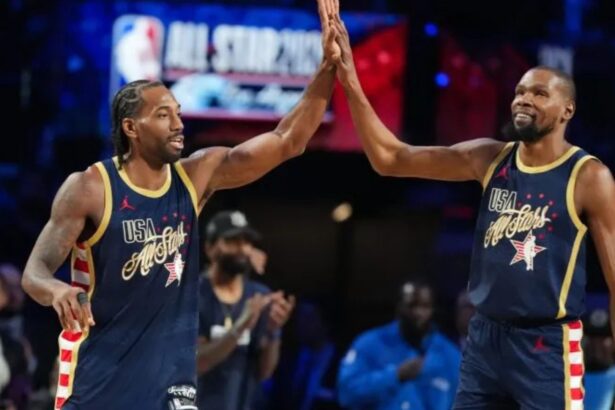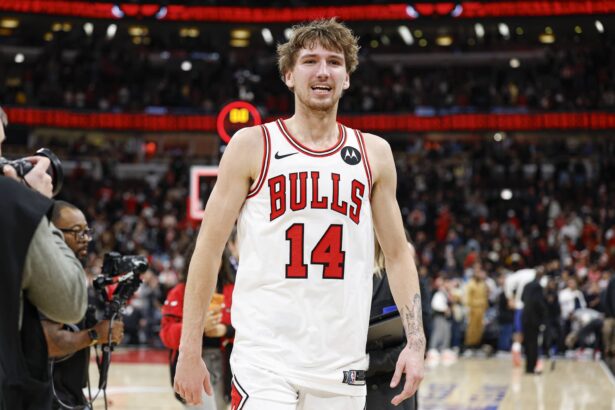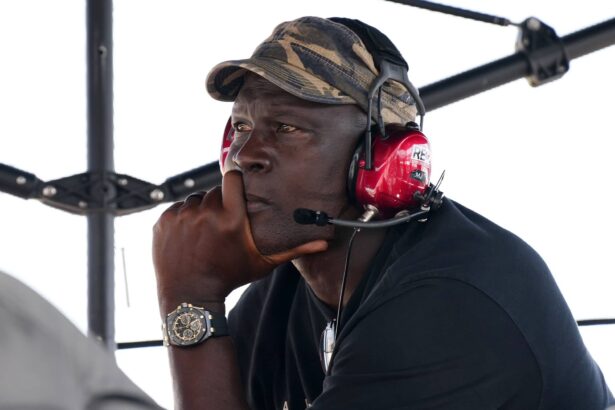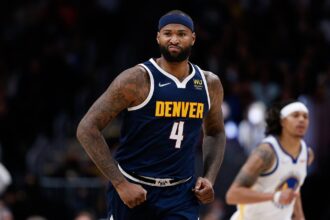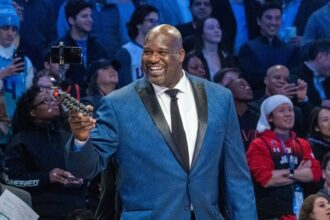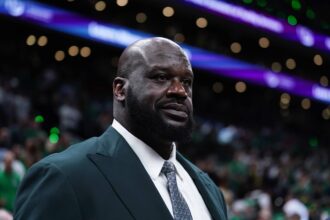John Wall has always been one of the NBA’s most outspoken voices, and his recent appearance on the Joe and Jada podcast was no exception. While discussing Julius Randle’s decision to quit smoking weed for the sake of clarity and performance, Wall offered his own perspective on how different players handle lifestyle choices and how some, against all odds, thrive in spite of them.
“Well, you got to look like this, though. Some people can do it. Some people can’t. Some people can drink and go get you 30 every night. Everybody body different… I’m just saying, like, you got some people that can drink all night and don’t get no rest and get you 40.”
Wall’s comments came in contrast to Randle’s story. The former Knicks forward revealed earlier this month that quitting weed gave him newfound clarity and focus, which he credits for helping him revive his career in Minnesota. Wall wasn’t dismissing that decision, but instead pointed out that not every player’s body or mental wiring is the same.
In other words, the NBA has long been a league of contrasts. For every player who finds success by staying locked into a strict routine, early bedtimes, strict diets, meditation, others live looser lifestyles yet still deliver elite performances. Wall’s point was not to glorify late nights and drinking, but to acknowledge that some stars can handle it and still dominate on the court.
Wall’s statement might sound surprising to fans, but within the league, it’s hardly a secret. Stories of players hitting the club until sunrise and still dropping 30 or 40 the next night are part of NBA lore. For some, it’s about natural recovery and athletic gifts that allow them to push their bodies further than most. For others, it’s a short-term lifestyle that eventually catches up, often cutting careers short.
Wall, who himself had a reputation for nightlife during his playing days, knows the difference. He’s seen teammates and opponents who could walk into an arena after a rough night and look like superheroes, while others fell apart trying to live the same way.
Randle, meanwhile, offered a different narrative. He admitted that smoking made him detached and distant, both on and off the court, and that quitting allowed him to be more present with his family and teammates. His decision coincided with a resurgence in Minnesota, where he helped the Timberwolves reach the Western Conference Finals and earned himself a three-year, $100 million extension.
Wall’s words add another layer to the conversation: success in the NBA isn’t one-size-fits-all. While Randle found his peak by cutting out distractions, others in league history thrived while living fast.
Ultimately, Wall’s comments speak to the uniqueness of NBA players’ bodies and mindsets. What derails one career might barely dent another. Some need discipline to stay sharp, while others are freaks of nature who can get buckets no matter what.

